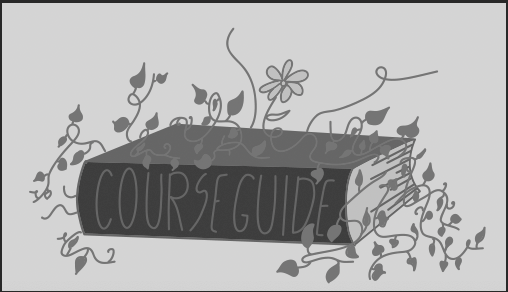Cool Off the College Celebrations
December 16, 2021
Shrieks echo across the Quad as a huddle of seniors frantically check their phones, praying for good news—another college has released its early decision results. Within 20 minutes, the next round of college-based congratulations pops up on Instagram story after Instagram story, each post adorned with a loving message.
As the number of “East-coast bound!” shout-outs increases and photos of smiling seniors clad in college sweatshirts fill our feeds, the news grows inescapable. We find ourselves bombarded with positive updates about our classmates’ futures. But on the other side of the cheers is the quiet disappointment of those denied from the same college. Although we may only mean to uplift and support our classmates, we damage our relationships and hurt our peers by sharing early acceptances online.
With such high numbers of students applying to the same competitive colleges—most of which boast low acceptance rates—the admissions process is undeniably becoming more and more competitive. Even in the early decision or early action pools, which generally increase an applicant’s chances, rejection rates are still high. We all know that more than half of our peers will be disappointed by the results of this first round of decisions. Early decisions separate those who enjoy the relief of knowing where they are headed next year and those who must wait several months for more clarity.
This year, the senior class grade is dealing with another stressor: the pandemic. Though we are all back in in-person school this year, the effects of lockdown and online school remain. Whether the struggle began with the transition to Zoom learning or the transition back into the classroom, every one of us has felt the impacts of the pandemic on our schoolwork and extracurriculars. The fear that COVID-19 will negatively affect college admissions is widespread. Perhaps the pandemic has also altered the way we behave: We may feel that the exciting news we share is private, but now that we are back on campus, it will spread quicker and more widely. It is easy to get caught up in a moment of joy, but we must remember that it is incredibly insensitive to boast about acceptances, especially given the added challenges our peers may be facing.
Publicly discussing college decisions right now only perpetuates the unhealthy obsession with college admissions and fosters competition. Realistically, we will not be defined by the college we attend, but the idea that attending a certain college is the only viable path to success is very prevalent at the school. We view college admissions as a reflection of our own intelligence, so rejection is generally regarded as a personal failure. In the school’s environment, which is highly focused on college admissions, we often become overwhelmed with anxiety even by the prospect of a decision. And once college acceptances become public information, the desire to compare ourselves to our classmates is impossible to avoid. We fall into a trap of wondering why one classmate was accepted when another similarly qualified student was rejected. We may wonder, “Are they better than us? Are they smarter? Are they more worthy?”
There are many ways to congratulate friends during this first round of college acceptances without posting on social media: Personally reaching out to them is much more authentic and genuine. At best, posting early decisions is superficial, and at worst, it hurts other students who have just received painful news. Early decisions are a private matter, and there is no reason to reveal them on the internet.
Those of us who are admitted into schools this month will have every right to celebrate our accomplishments; however, it is more respectful to keep that pride and excitement among our families and friends in the meantime. Broadcasting that news publicly during a period of time so rife with tension is not only unnecessary but harmful.
Each time we share decisions, we have no way of knowing who we are hurting—but whether it’s a close friend or a stranger, we have a responsibility to be considerate when discussing such a sensitive topic. As seniors, we should be mature enough to lead with kindness and compassion for each other. This winter, we should try to set an example of sensitivity and uplift each other in genuine ways. We cannot wait to celebrate each other’s accomplishments in May, but we must hold off until everyone’s decisions are finalized.












































Jocelyn Medawar • Dec 19, 2021 at 11:06 am
I love this piece. Encouraging empathy and respect for one’s peers is always a good idea, especially in public spaces like online platforms. I hope that seniors who are thrilled to be into college right now are also appropriately humble, remembering that a decision might just as easily have gone another way. Every senior is still the same person both before and after a decision comes out. We often say these words to console those who feel sad or angry or frustrated, but it applies to the supposed “winners” as well. I appreciate that this editorial acknowledges that seniors getting into college is a matter of timing more than anything else. That said, I want to encourage all seniors, all students in fact, to remember that there will always be nastiness on social media. I wish our own community could be sensitive and caring at all times, but even if it could, the world out there won’t always be that way. And while you’re absolutely right that “publicly discussing college decisions right now only perpetuates the unhealthy obsession with college admissions and fosters competition,” in the end, I believe you’re each more powerful and resilient than you might imagine when it comes to facing that unhealthy obsession and developing creative methods to combat it. A lot of us are here to listen and help you, though, in the end, it’s a personal–and thus an empowering–process. I say this from the experience of teaching so many strong and lovely seniors. My belief in you is based on first-hand knowledge.